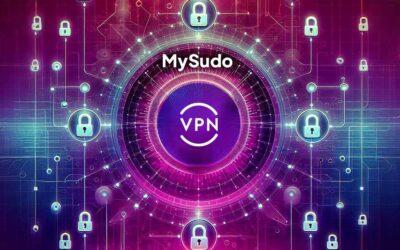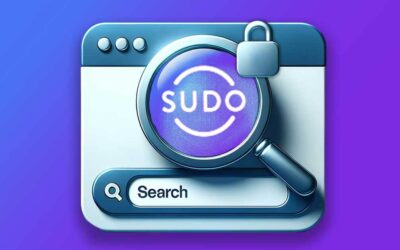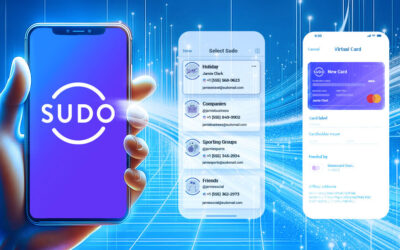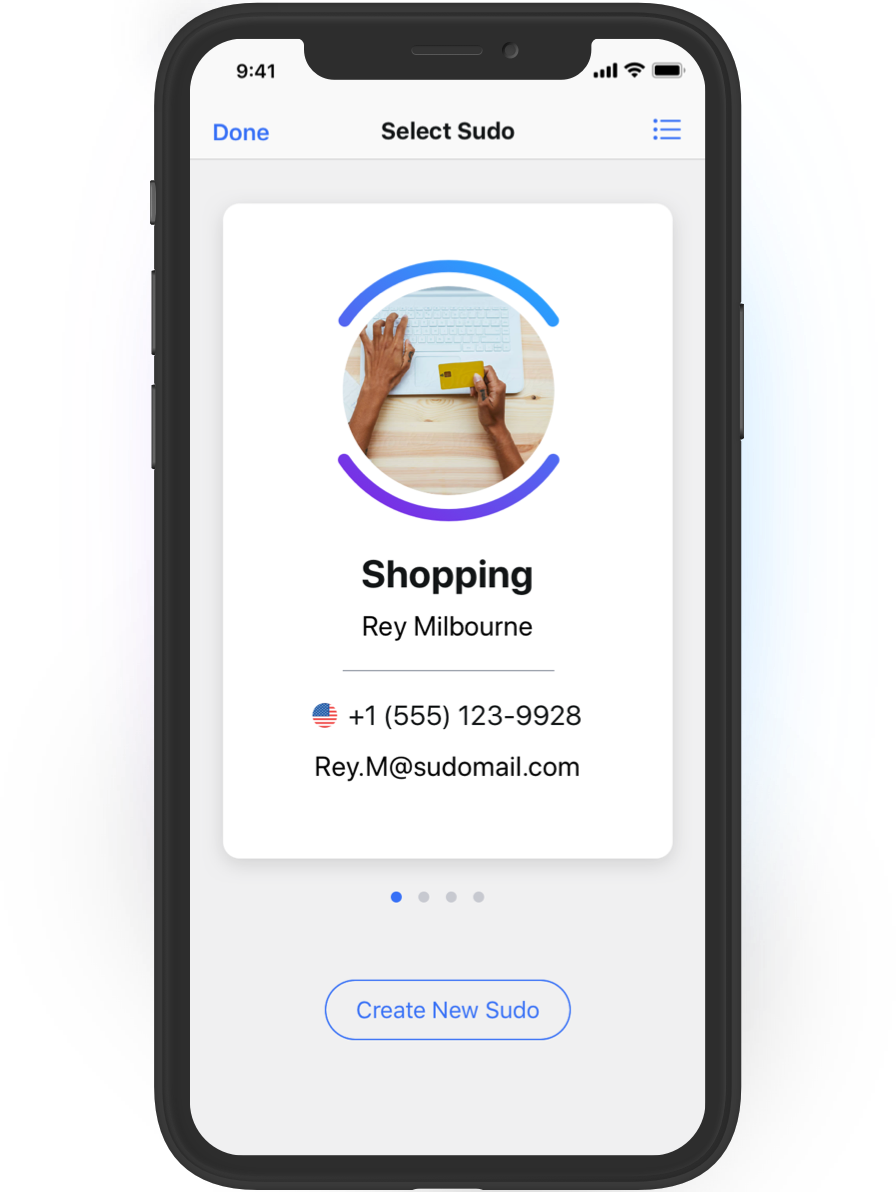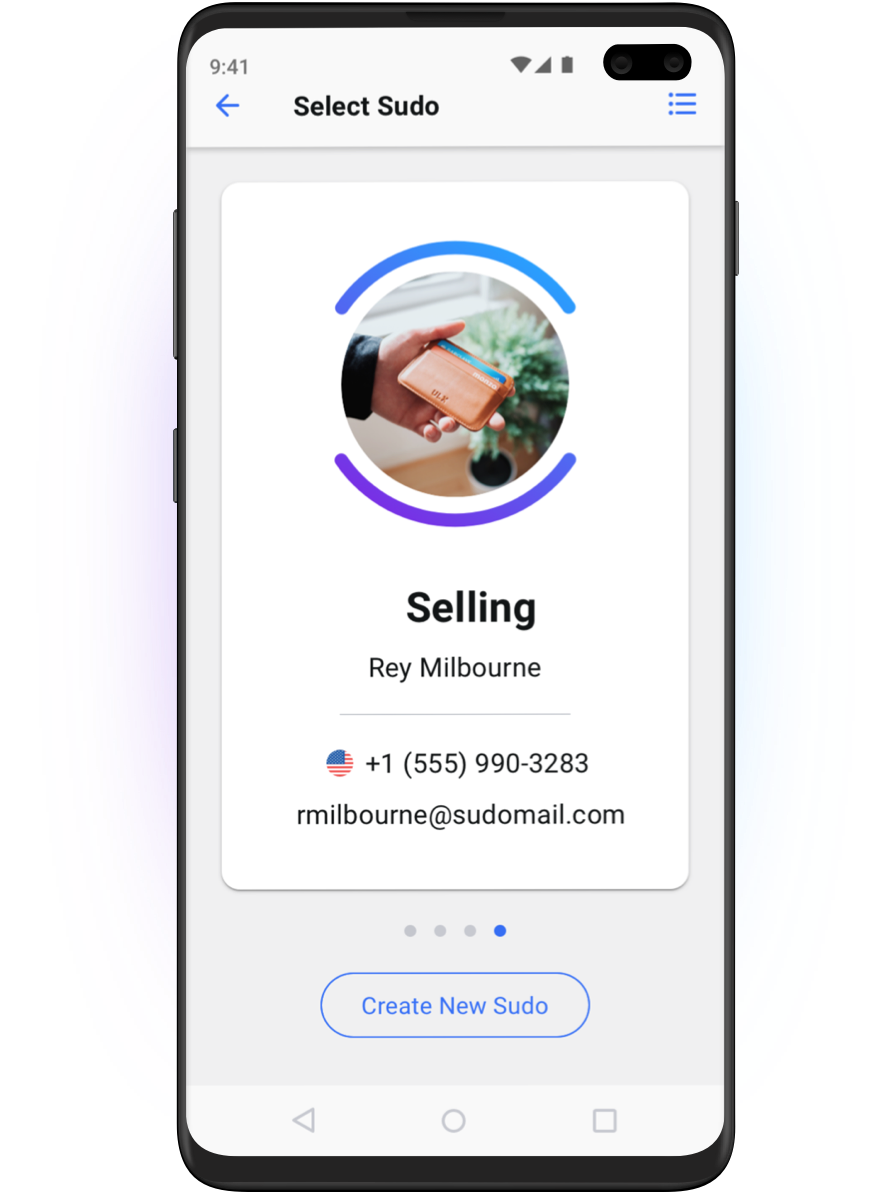Have you heard of “personal data” but don’t really know what it means?
Are you aware that when your personal data gets in the wrong hands or businesses use it in particular ways it can be bad for your privacy and possibly even your safety?
So that we’re all on the same page when we talk about personal data, let’s go back to basics with the data privacy crisis and discuss this core concept.
What is personal data?
Personal data is your personal information. It’s your private contact details and any other information that can be used to identity you.
Personal data is sometimes called personally identifiable information or simply PII. Here’s a rundown of what officially makes up PII:
- Name—full name, maiden name, mother‘s maiden name, or alias
- Personal identification numbers—social security number (SSN), passport number, driver license number, taxpayer identification number, patient identification number, and financial account or credit card number
- Home address—where you live (even with whom you live)
- Location information, including IP address, geographic coordinates or proximity to landmarks and other devices
- Telephone numbers, including mobile, business, and personal numbers
- Personal characteristics, including photographic image (especially of face or other distinguishing characteristic), x-rays, fingerprints, or other biometric image or template data (e.g., retina scan, voice signature, facial geometry)
- Information identifying personally owned property, such as vehicle registration number or title number and related information
- Asset information, such as MAC address or other device-specific persistent static identifier
- Information about you that is linked or linkable to one of the above (e.g. date of birth, place of birth, race, religion, weight, activities, geographical indicators, employment information, medical information, education information, financial information).
On top of that list from the US National Institute of Standards and Technology, personal data also includes your:
- Login details—usernames and passwords (people all too frequently re-use the same ones)
- Personal opinions—about anything and everything, no matter where you put them—on social media, in chatrooms, in standard text messages, in comments sections of news sites
- Information about private crises and events—divorce, custody battles, medical diagnoses, mental health issues, and addiction battles, which you might have searched, for example
- Criminal records and misdemeanours—even that 20-year old speeding fine
- All medical and health topics including conditions, products and your suitability for clinical trials or focus groups
- Every single purchase you make, especially purchases of medical and health equipment like pregnancy tests or birth control pills, remote medical monitoring devices etc., as well as travel tickets, books, and so on.
We can also talk about personal data as your digital exhaust — all the information or ‘consumer data’ you leave behind when you’re using web sites and services. Just as engine exhaust is residue from using a car, digital exhaust (or data exhaust) is residue from using the internet.
What’s the big deal about personal data?
Your personal data says a lot about you. Much of it is highly sensitive and personal. It reveals who you are and where you live, plus what you like, do, buy and are going through in your private life. As such, personal data gives deep insights into you as a person and a consumer, which are highly lucrative to organizations that profit from those insights. Think ad tech companies like Google and Meta selling ad space to brands, and data brokers profiling you and selling your information on highly prized lists, for starters.
Ad tech companies use your data to sell and serve personalized ads and, while targeted ads can be convenient, there is a creepy side to the process. In the personalized ad process, the private data of Europeans and US Internet users is sent to firms across the globe, including to Russia and China, without any way of controlling what is being done with that data.
Big Tech possessing great lakes of users’ personal data can be invasive and dangerous. Did you see Twitter was recently fined $150 million for selling users’ personal email and phone numbers to advertisers? Twitter users had given Twitter their private contact information for two-factor authentication (2FA) security on their accounts. By selling the personal data for ad purposes, Twitter violated the Federal Trade Commission Act and a 2011 settlement with the FTC – and exposed the private information of 140 million Twitter users.
Data brokers, working in an unregulated US $200 billion industry, harvest, manipulate and even misrepresent consumer data and sell it to companies for marketing purposes. One of the world’s largest data brokers is Acxiom, which in 2020 had 23,000 servers collecting and analyzing up to 3,000 data points per person from 500 million consumers globally. Even your bank can be selling your data.
But that’s not all. If you’ve heard governments can request access to the private sector’s stores of personal data, it’s true. It’s also the subject of regulatory debate and consumer concern. In 2019 66% of US adults said they believe they face more potential risks than benefits from government data collection.
Criminals, of course, love your personal information too. They get it through data breaches and other illegal means and use it to steal your identity or money, for instance. Data breaches are at an all-time high: 3.5 billion people had records exposed in the 15 biggest data breaches of this century and, in just the first half of 2019, data breaches exposed 4.1 billion personal records.
MySudo helps protect your personal data
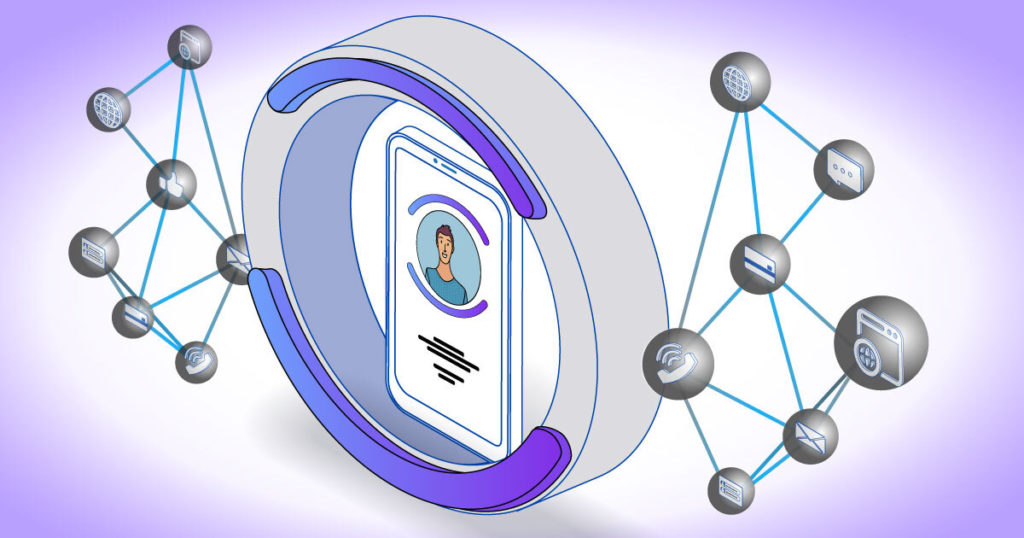
MySudo is the world’s only all-in-one privacy app, with private and secure phone numbers, email, browsers and payments all in one app. MySudo has the tools to let you speak privately, browse privately, and pay privately in an increasingly connected world.
With MySudo, you create secure digital profiles called Sudos, and assign them a real phone number, handle, email address, private browser and virtual card.* You use your Sudo profile instead of your personal information, online and off.
Learn how to use MySudo in 90 seconds
*iOS and US only. Android and more locations coming soon.
Download MySudo in iOS and Android.
You might like to read:
9 Reasons Why Data Privacy Matters
Another Reason to Use MySudo: Data Breaches Hit Record High in 2021
10 Big Privacy Compromises You Can Easily Fix with MySudo
Dump of 1 Million Stolen Credit Cards for Free Reinforces Value of MySudo Virtual Cards

